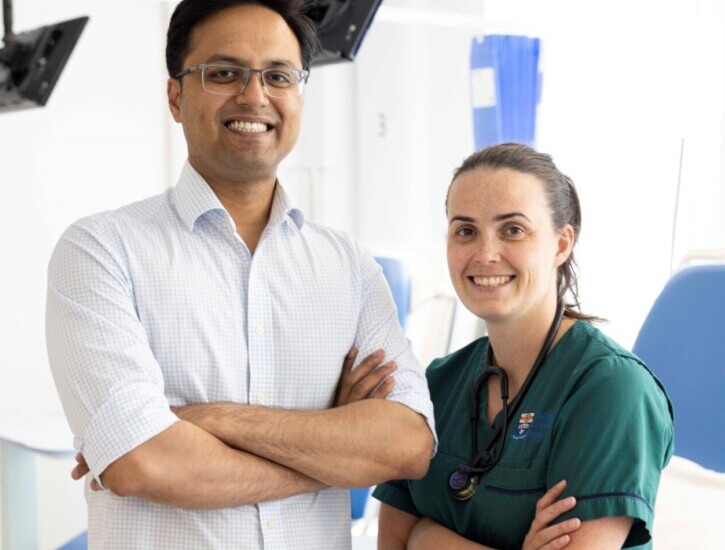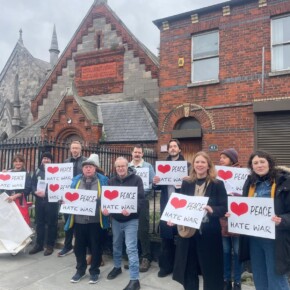Tallaght Hospital study sounds health alarm
Padraig Conlon 05 Jun 2025
Men who survive testicular cancer are facing serious health risks years after they’ve beaten the disease, according to a landmark new study from Tallaght University Hospital (TUH).
The research, published this month in the peer-reviewed journal Supportive Care in Cancer, has uncovered that many survivors are developing high blood pressure, unhealthy cholesterol levels, and other complications, often while still in their 40s.
Testicular cancer is the most common cancer among young men aged 15 to 35, and survival rates are exceptionally high thanks to advances in treatment, particularly chemotherapy.
But TUH researchers say beating cancer is only the beginning, and the long-term health risks that follow need much more attention.
The study tracked 78 men, all of whom were at least five years post-treatment, with an average of 10 years since their diagnosis.
Worryingly, 40% of these survivors were found to have high blood pressure, while over half — 55% — had unhealthy cholesterol levels, a condition known as dyslipidaemia.
Some had already suffered serious heart issues: one man had a heart attack at just 45, and two others were diagnosed with coronary artery disease.
“These results are astonishing,” said Consultant Oncologist Dr Raheel Khan, who led the research.
“We know from previous international studies that men treated for testicular cancer die younger than expected.
This work shows clearly that if we don’t monitor these patients long after their cancer has gone, we’re missing chances to prevent serious illness.”
The findings highlight a gap in care that can persist for years after cancer treatment ends.
Survivors, many of whom were first diagnosed in their teens or early twenties, are showing signs of heart and kidney issues decades before these conditions typically emerge in the general population.
To address this, TUH established Ireland’s first dedicated Testicular Cancer Survivor Clinic in October 2022.
The weekly clinic is run by Advanced Nurse Practitioner (ANP) Patrice Kearney Sheehan, alongside Dr Khan and the Oncology Department.
It offers annual screening for testicular cancer survivors, focusing on catching emerging health issues before they become serious.
The results from this clinic formed the basis of the new study.
And the findings go beyond cardiovascular concerns, with three men in the group having developed second cancers and six found to have kidney problems now being managed by TUH’s Nephrology team.
Professor Ray McDermott, Clinical Professor of Medical Oncology at TUH and Clinical Lead at Cancer Trials Ireland, praised the research for providing “a practical solution to the issues faced by men who have been treated for testicular cancer.”
“Five decades ago, testicular cancer patients were among the first to be cured of solid organ cancers with chemotherapy,” he said.
“Now they have the chance to become pioneers again — this time in survivorship care.”
He added that it’s time for cancer centres across the country to follow suit.
“Most centres don’t currently offer any structured follow-up after surveillance ends. That needs to change.”
Backed by Cancer Trials Ireland, the TUH clinic continues to expand and recruit new patients.
The hospital has also developed Ireland’s first national testicular cancer database to support further research into survivorship.
The success rate for curing testicular cancer remains high, around 98% when caught and treated early.
But Dr Khan is calling for a broader definition of survival. “It’s not just about beating the disease,” he said.
“It’s about living well afterward — and making sure these men are not left to navigate the long-term fallout alone.”
Support is available: If you are a survivor of testicular cancer and have been affected by any of the issues raised in this article, support is available from the Irish Cancer Society.
Their freephone support line is 1800 200 700, open Monday to Friday, 9 am to 5 pm.











